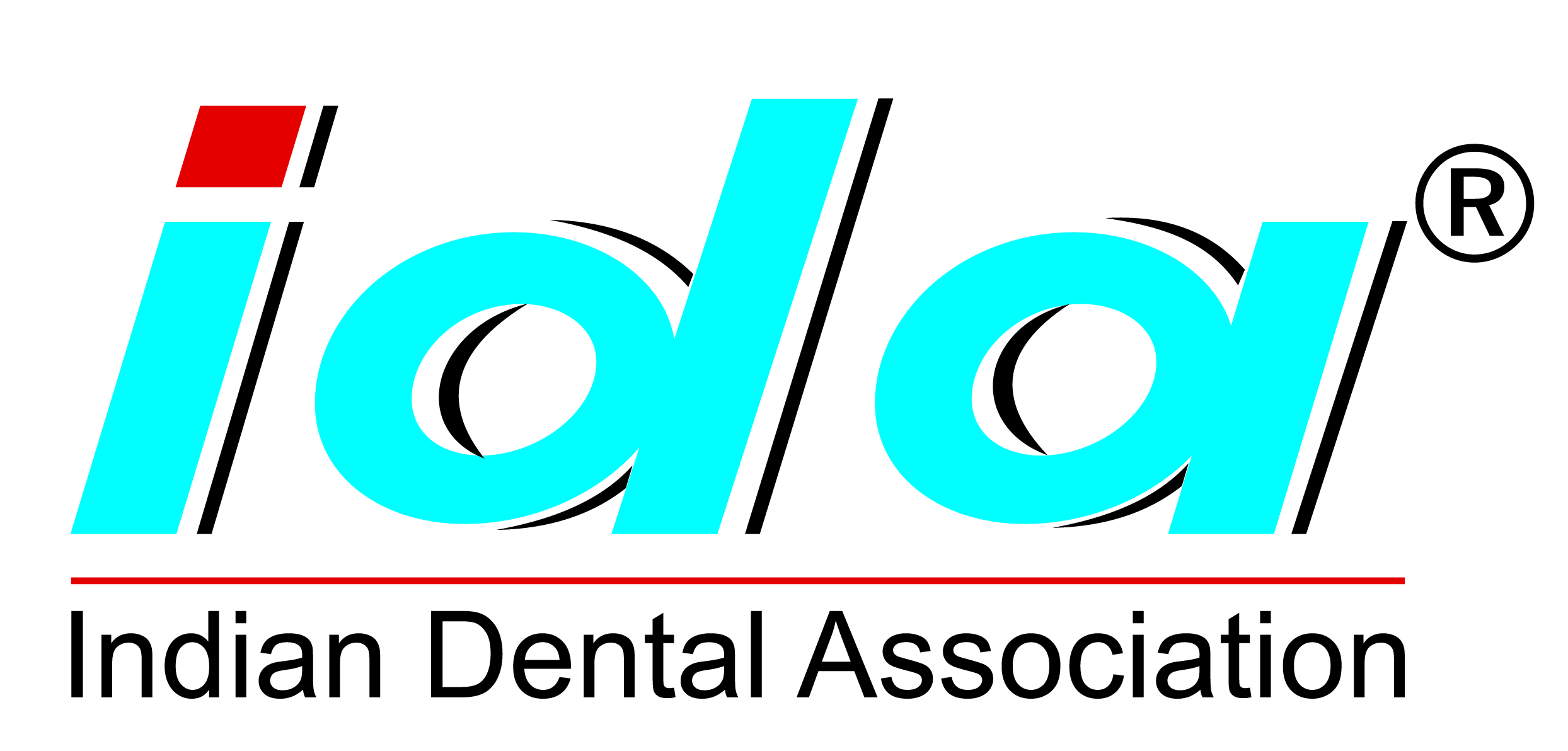There is no one simple way of scheduling a dental practice that works for everyone.
The “art” of effective appointment control is almost unique to each practitioner
and office. The manner and place that an appointment is made is somewhat different
than decades ago. Patients can access websites that allow requests for appointments for
some practitioners.
In many clinics, the patient makes their future appointments in the operatory with the
auxiliary, hygienist or even dentist using the workstation there.
Effective scheduling, therefore, requires the establishment of some practice guidelines
and the cooperation of the entire team.
The day-to-day operations of a dental practice require a great deal of planning for
effective scheduling in order for the practice to run smoothly.
Appointment scheduling helps maintain a productive patient flow. It is based on :
- Type of dentistry performed.
- Style and work philosophy of the dentist.
- Size and type of patient pool.
- Office facilities, equipment and infrastructure.
- Staff considerations.
Usually the receptionist is responsible for the appointment scheduling. Most dental offices
have fixed appointments and tentative scheduling which require confirmations. The appointment
book helps the dentists plan his day in advance, eliminating unnecessary interruptions. The
assistants can also prepare the operatory in advance, by knowing what treatment is to be done.
Emergency appointments should be seen on the day they are called in, but in such a manner
that they do not unduly disrupt the scheduled day.
-
A first time emergency patient should be treated such that he becomes a regular patient
of your clinic.
-
Mark in advance vacations, national or public holidays when your operatory will be closed
or are short staffed. This will help to avoid inconveniences to you and your patients.
-
All dentist must respect their patient's time and avoid long waiting periods. Inform your
patients in advance if you are running behind schedule.
-
If the dental office uses a software, then scheduling for multiple specialists, hygienists
and associates become easier.
- Consider longer appointment time (60- 90 minute) per patient.
- Give patients options for time as per their convenience (e.g.: afternoon or morning slots).
- Institute a 24-48 hour cancellation policy, to reduce no shows and last minute cancellations.
-
Communicate to the patient if your office is running behind schedule. Patients are more
tolerant when informed in advance.
- Allow staff more liberties while handling office scheduling.
- Periodically review your scheduling of appointments with your dental team.
- Electronic scheduling can also be very effective





